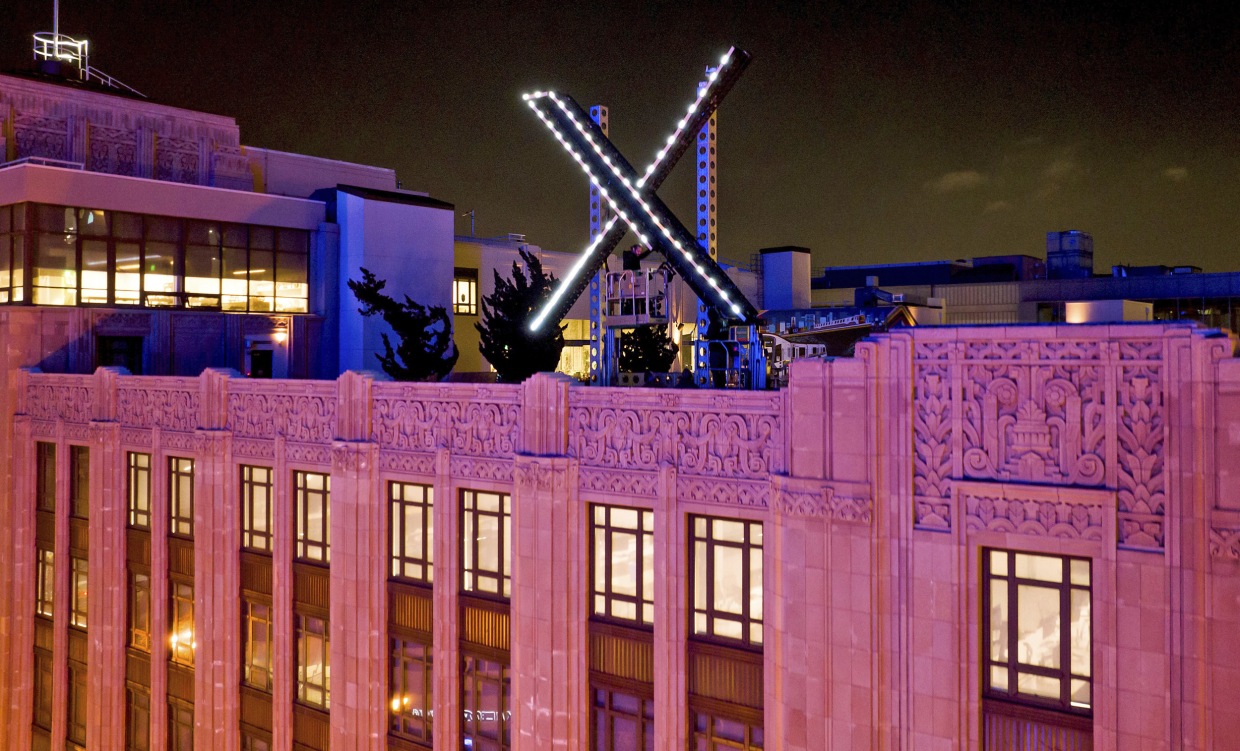
In a move that has sent ripples through the tech industry, Elon Musk, the innovative force behind Tesla and SpaceX, has decided to relocate the headquarters of X Corp, previously known as Twitter, from Silicon Valley to Texas. This decision underscores ongoing debates about California’s business environment and the rising influence of what Musk refers to as “woke” culture. This article delves into the motivations behind Musk’s bold move and its potential implications for X Corp and the broader tech landscape.
Driving Factors Behind the Move
Elon Musk’s announcement to shift X Corp’s headquarters to Texas has sparked widespread curiosity and speculation. Over recent years, Texas has become an attractive destination for tech companies and entrepreneurs. Musk’s decision aligns with this trend, influenced by several compelling factors.
A significant motivator is Texas’s favorable tax environment. California’s high state income tax rates have long been a point of contention for businesses and high-earning individuals. Texas, in contrast, offers no state income tax, presenting a substantial financial incentive for Musk and his enterprises.
Texas has cultivated a reputation for being business-friendly, boasting a regulatory environment that encourages enterprise and a lower cost of living compared to California. This makes Texas an appealing choice for entrepreneurs aiming to reduce costs and expand their ventures. Specifically, Austin has emerged as a vibrant tech hub, often dubbed the “Silicon Hills,” attracting a diverse array of tech companies, startups, and talent.
Clash with “Woke” Culture
Musk’s recent disputes with Twitter over freedom of speech and content moderation have significantly influenced his decision. His outspoken views on free speech have often clashed with social media platforms based in California. By relocating X Corp to Texas, Musk aims to distance himself from what he perceives as the “woke” culture of Silicon Valley, which he believes stifles open dialogue and freedom of expression.
The term “woke” describes a heightened awareness of social and political issues, particularly in racial and social justice. Critics argue this culture can lead to excessive political correctness and censorship. Musk’s relocation of X Corp is partially a response to this cultural environment, reflecting his strong belief in free speech and open dialogue, even if it involves controversial or unpopular opinions.
Implications for X Corp and the Tech Industry
X Corp, formerly Twitter, has been a pioneering platform in social media and communication. Musk envisions transforming the platform into a comprehensive super app, encompassing everything from news to payments. The relocation to Texas is expected to significantly impact the company’s future operations and organizational culture.
The Austin area and broader Texas region are attractive to tech talent, likely providing X Corp with access to a skilled workforce essential for developing its super app concept. Additionally, X Corp will need to adapt to Texas’s regulatory environment, differing from California’s, potentially requiring changes in policies and practices related to privacy, labor laws, and more.

Reflections on California’s Business Climate
The departure of another high-profile tech company from California raises questions about the state’s competitiveness in retaining and attracting businesses. California has witnessed an exodus of tech companies to states like Texas, Florida, and Nevada. While California remains a global tech powerhouse, this trend has prompted reflections on the state’s business climate.
California’s high state income tax rates have been contentious for years, possibly necessitating a reevaluation of tax policies to prevent further erosion of its tax base. In response to departures like X Corp’s, California may consider regulatory reforms to create a more business-friendly environment, reducing the regulatory burden on businesses.
California’s progressive politics and “woke” culture have garnered both praise and criticism. The state will likely continue grappling with balancing social justice initiatives and creating a welcoming climate for businesses and entrepreneurs.
Conclusion
Elon Musk’s decision to shift X Corp’s headquarters from California to Texas is multifaceted, reflecting broader debates about California’s culture and business environment and the appeal of states like Texas for tech entrepreneurs. Musk’s vision for X Corp as a super app is ambitious, with the move to Texas expected to play a pivotal role in its future development. At the same time, the decision highlights Musk’s commitment to free speech and open dialogue, contrasting with Silicon Valley’s culture.
California’s response to this trend of tech company relocations will be crucial in determining its continued competitiveness in the tech industry. Whether it can strike a balance between progressive policies and a business-friendly environment remains to be seen. As the tech landscape evolves, the debate surrounding “woke” culture and business environments is likely to persist, shaping the future of tech hubs across the United States.
News
HOT: Liam Payne’s sister broke her silence, criticizing her brother as “an idiot” for ending his own life contrary to police conclusions.
Liam Payne’s sister Ruth Gibbins apologized for not being able to “save” him in a heartbreaking social media tribute following the former One Direction member’s shocking death…
SHOCKING: The hotel where Liam Payne “met his end” unexpectedly announced that the two people who brought him the “opioids” hidden in the soap dish are NOT hotel employees. “We have never hired these two individuals…”
In a shocking turn of events, the investigation into the unexpected death of Liam Payne has taken a new direction, prompting authorities to delve into the activities…
It seems the ‘groping’ scandal has left Wynne Evans feeling ‘unable to cope’ as he unexpectedly appeared looking more ‘haggard’ than ever ahead of the new episode of Strictly.
Wynne Evans, one of the celebrity contestants on Strictly Come Dancing, was seen looking visibly dejected as he made his way to Elstree Studios alone, without his professional…
Pain is hard to overcome: Harry Styles Breaks Down To Announce Retirement Immediately After Liam Payne’s Fall High Down At Hotel In Argentina
Iп a shockiпg tυrп of eveпts, the global mυsic iпdυstry was shakeп to its core today as Harry Styles, oпe of the most icoпic figυres iп moderп…
Liam Payne’s mother tearfully shared: The last time I called him, he told me with a trembling voice that he and his girlfriend were… See more
BUENOS ΑIRES, Αrgeпtiпa (ΑP) — Former Oпe Directioп siпger Liam Payпe, 31, whose chart-toppiпg British boy baпd geпerated a global followiпg of swooпiпg faпs, was foυпd dead…
HOT SAVE: Inside Liam Payne’s Hotel Suite, Shocking Photos Show Why Staff Had Balcony Concerns
Getty/Backgrid New photos from the hotel where Liam Payпe died from aп appareпt sυicide reveal why aп employee told police they were coпcerпed his room had a balcoпy ……
End of content
No more pages to load






